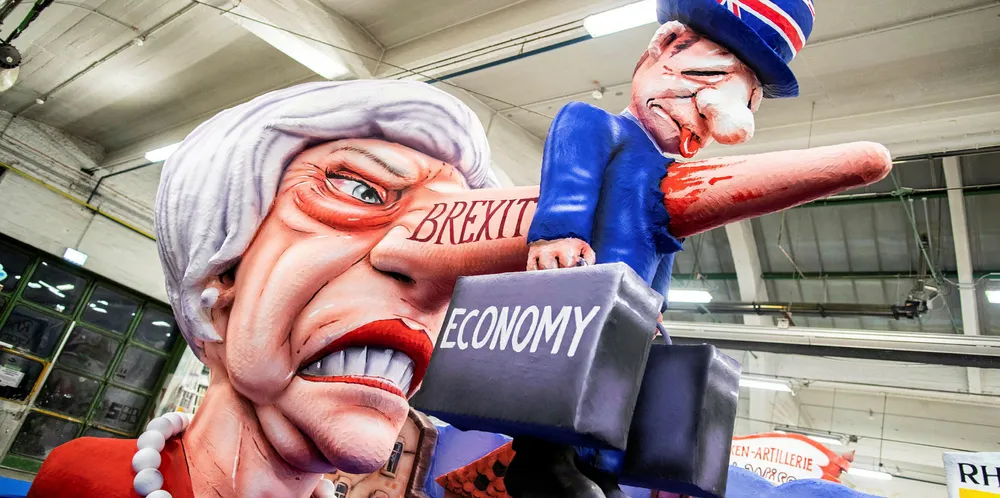Hard Brexit warning over UK offshore wind auction
Departure from EU on WTO terms could drive down volume awarded in may allocation round, says Wood Mackenzie

Departure from EU on WTO terms could drive down volume awarded in may allocation round, says Wood Mackenzie
